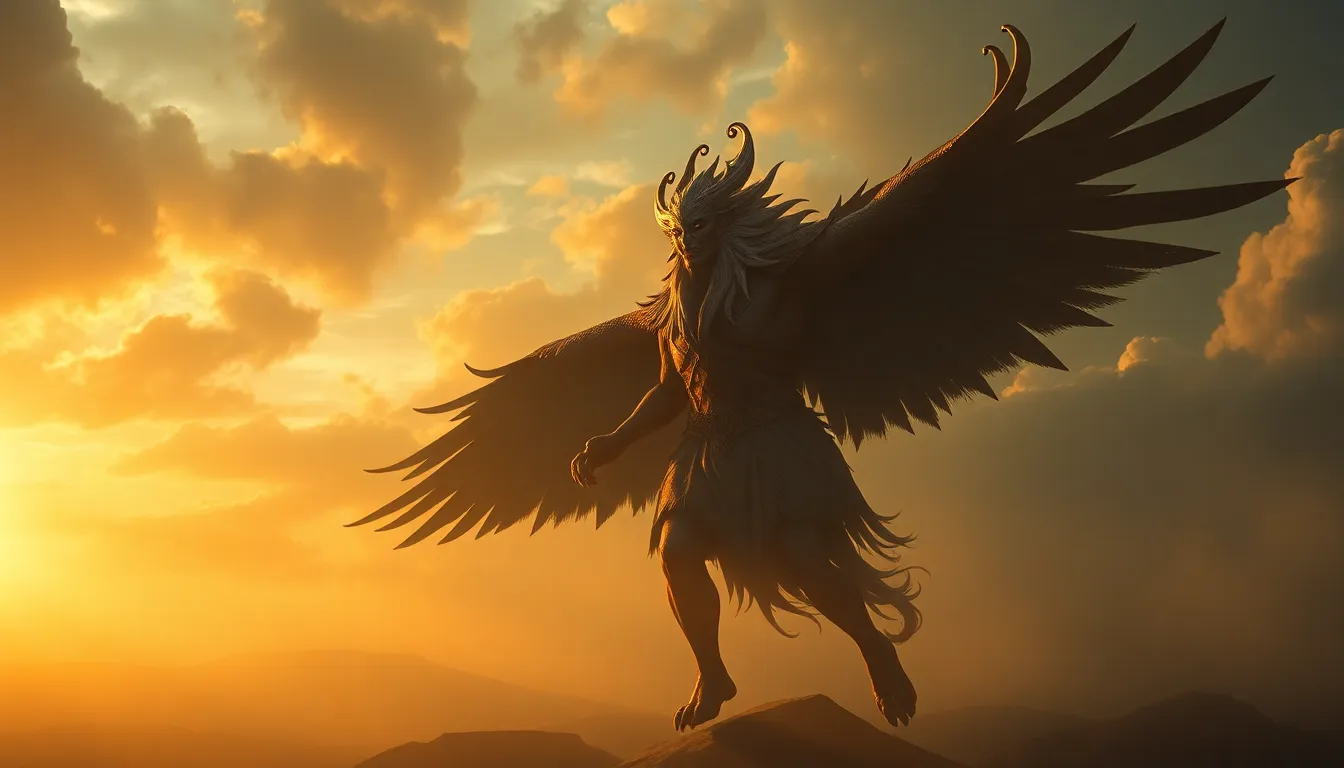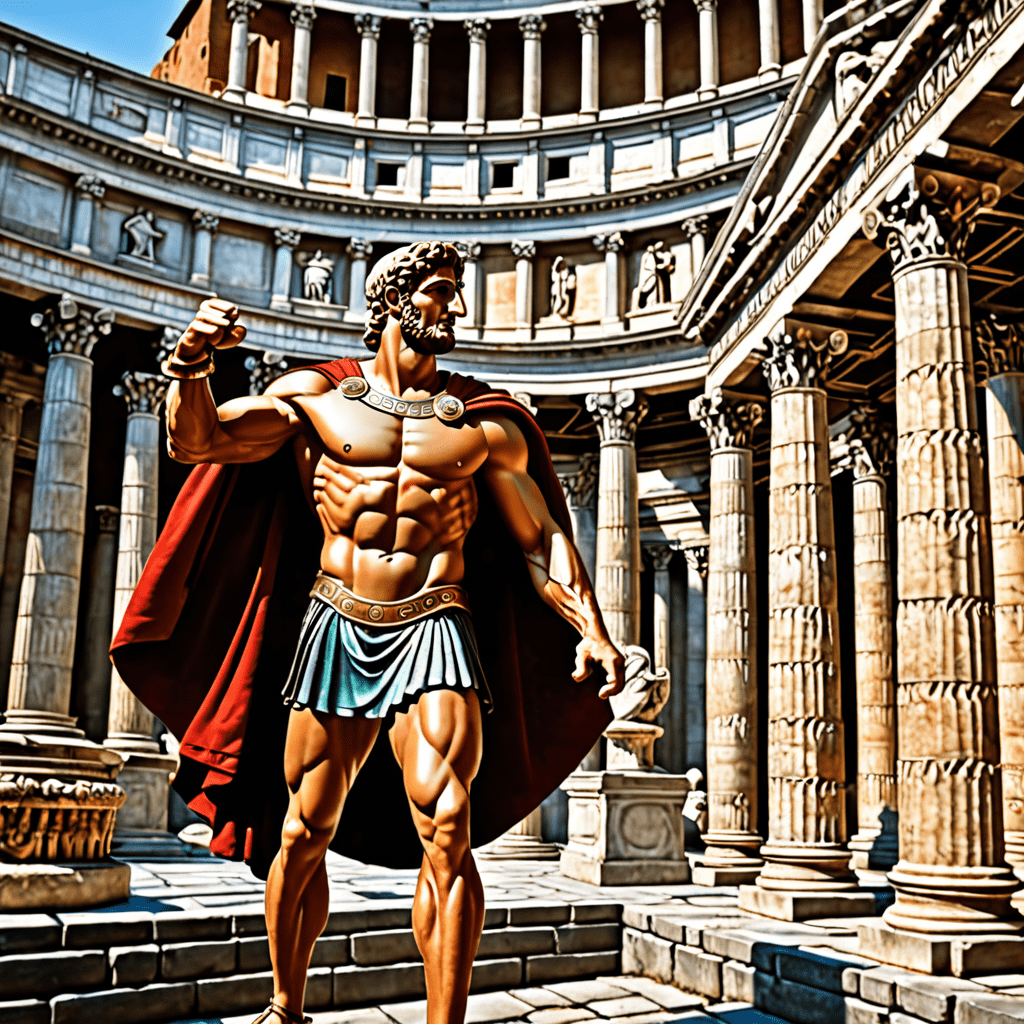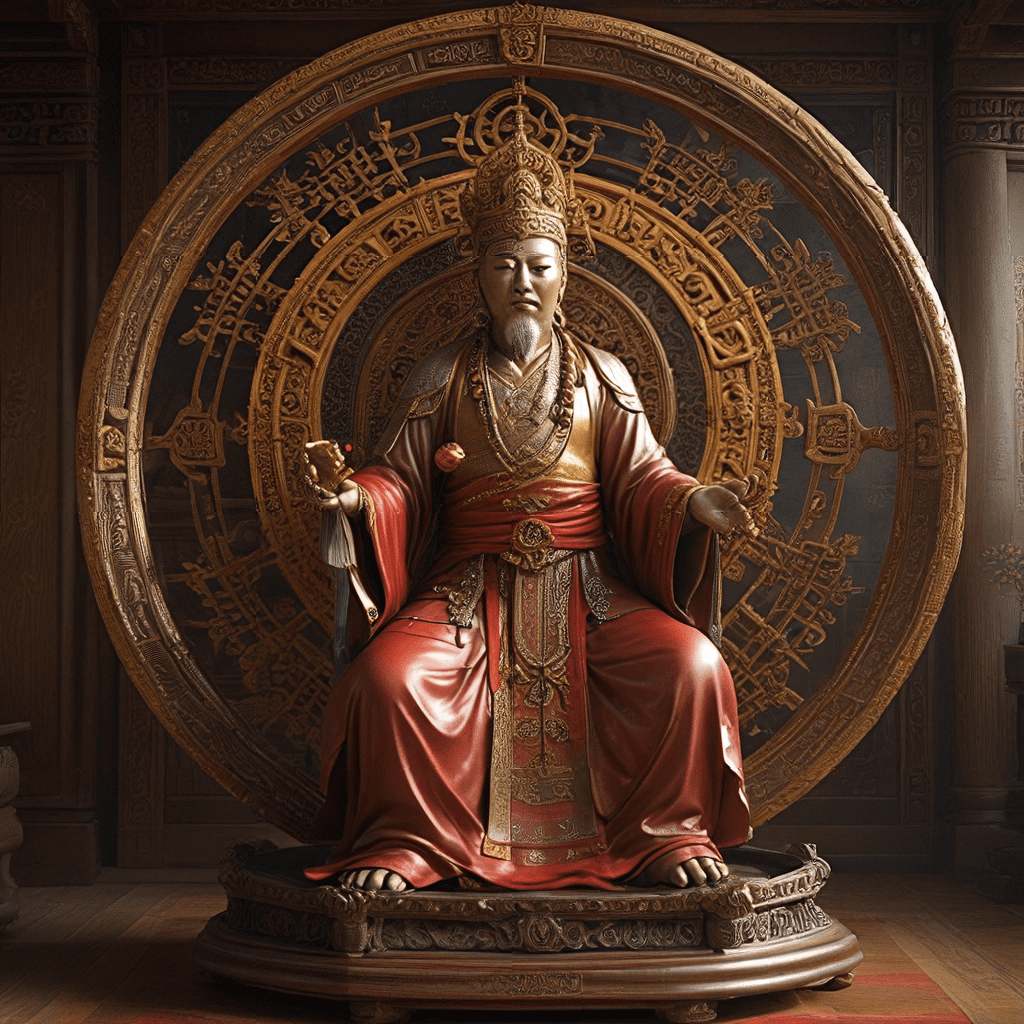Cultural Heroes: The Myths That Inspire Generations
Introduction to Cultural Heroes
Cultural heroes are individuals who embody the values, aspirations, and ideals of a society. They often emerge from stories and myths that resonate with the collective consciousness of a community. These figures serve not only as role models but also as symbols of hope and inspiration for generations. In this article, we will explore the significance of cultural heroes, the myths that elevate them, and their impact on society throughout history and into the modern era.
The Role of Myths in Shaping Cultural Heroes
Myths are traditional stories that explain natural or social phenomena, often involving supernatural beings or events. They serve to convey moral lessons and cultural values. Myths play a pivotal role in shaping cultural heroes by:
- Providing a narrative framework that highlights extraordinary deeds.
- Creating a shared identity among members of a culture.
- Transforming ordinary individuals into figures of legend through their actions.
By elevating these individuals to heroic status, myths inspire others to aspire to greatness and uphold the values they represent.
Historical Context: Cultural Heroes Across Civilizations
Throughout history, various civilizations have celebrated their own cultural heroes, each reflecting the values and beliefs of their time. For example:
- Hercules: In Greek mythology, Hercules is known for his incredible strength and heroic feats, representing bravery and perseverance.
- Gilgamesh: From Mesopotamian lore, Gilgamesh is a legendary king whose journey for immortality explores themes of friendship and the human condition.
- Moses: In Judeo-Christian tradition, Moses is revered for leading his people to freedom, embodying leadership and faith.
This comparative analysis showcases how heroism is a universal concept, manifesting in diverse forms across cultures.
Modern-Day Cultural Heroes: Icons of Change
In today’s world, cultural heroes continue to emerge, often as champions of social justice and change. Notable figures include:
- Martin Luther King Jr.: A leader in the American civil rights movement, his advocacy for nonviolent resistance and equality has inspired countless individuals.
- Malala Yousafzai: An education activist, she became a symbol of the fight for girls’ education after surviving an assassination attempt by the Taliban.
- Nelson Mandela: His struggle against apartheid and commitment to reconciliation have made him a global icon of peace and justice.
These figures embody the ideals of their cultures, inspiring others to pursue change and embody resilience in the face of adversity.
The Psychological Impact of Cultural Heroes
Cultural heroes play a significant role in identity formation and community building. They provide individuals with:
- A sense of belonging through shared values and narratives.
- Role models to emulate, fostering personal growth and ambition.
- Hope and motivation during challenging times.
The psychological benefits of having heroes to look up to are profound, as they can influence our aspirations and behaviors, shaping the future of communities.
Cultural Heroes in Literature and Media
Books, films, and art have long portrayed cultural heroes, shaping public perception through narratives that celebrate their virtues. Some notable representations include:
- Literature</: In works like "The Odyssey," heroes like Odysseus are celebrated for their wit and bravery.
- Films: Movies like “Selma” depict Martin Luther King Jr.’s leadership, bringing historical heroes to a contemporary audience.
- Art: Visual representations of figures like Frida Kahlo emphasize their cultural significance and impact on society.
These narratives not only honor cultural heroes but also influence how society views heroism and its values.
The Evolution of Cultural Heroes Over Time
As societies change, so do their heroes. The characteristics of cultural heroes have evolved due to various factors:
- Shifts in social values and norms, leading to new ideals of heroism.
- Increased awareness of diversity and inclusion, prompting broader representations of heroism.
- The impact of technology and globalization, allowing for rapid dissemination of new heroic narratives.
Understanding the evolution of cultural heroes highlights the dynamic nature of societal values and the relevance of heroism in contemporary discourse.
Critique of Cultural Heroes: The Flaws and Failures
It’s essential to recognize that cultural heroes are not infallible. Many figures have flaws or have experienced failures that complicate their legacies. This critique is important because:
- It encourages critical engagement with cultural icons and their actions.
- It highlights the complexity of human nature, reminding us that heroes are often flawed individuals.
- It prompts discussions about accountability and the impact of their failures on society.
By acknowledging these shortcomings, we can foster a more nuanced understanding of heroism.
The Future of Cultural Heroes: Emerging Figures and Trends
As we look to the future, new cultural heroes are likely to emerge, shaped by contemporary issues and values. Potential figures include:
- Environmental Activists: Leaders in the fight against climate change may become symbols of global responsibility.
- Technological Innovators: Figures who champion ethical technology and digital rights could redefine heroism in the digital age.
- Social Justice Advocates: Individuals who advocate for marginalized communities may embody the ideals of equity and justice.
The role of technology and social media will also significantly influence the emergence and recognition of these heroes, providing platforms for their messages and movements.
Conclusion: The Enduring Legacy of Cultural Heroes
Cultural heroes have always played a vital role in inspiring future generations. Their stories and the myths surrounding them are deeply embedded in the fabric of society, offering lessons, values, and aspirations that resonate across time. As we reflect on the ongoing relevance of myths in contemporary society, it becomes clear that cultural heroes will continue to evolve, adapting to the needs and values of future generations. In celebrating these figures, we honor the enduring legacy of heroism and its power to inspire change.



